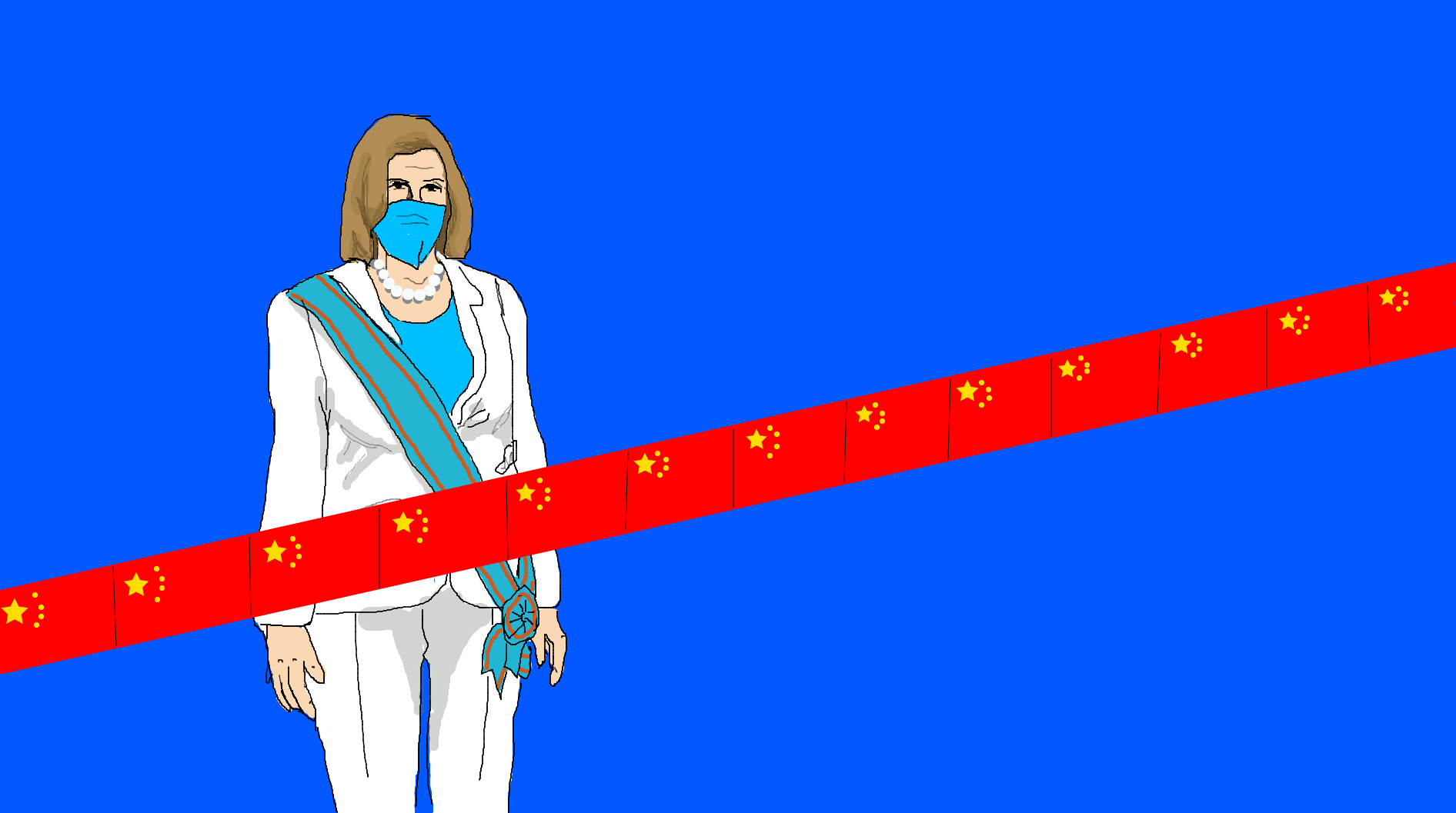Beijing imposes eight countermeasures and sanctions Pelosi over visit to Taiwan
China’s response to U.S. House Speaker Nancy Pelosi’s visit to Taiwan is likely to go on for a long time, in many different areas. Aside from live fire military drills around Taiwan, Beijing has announced the suspension of a variety of dialogues with the U.S.

After the commencement of ballistic missile tests and other military exercises near Taiwan on August 4, China announced eight countermeasures in response to U.S. House Speaker Nancy Pelosi’s unscheduled visit to Taiwan on Wednesday:
- Canceling China-U.S. Theater Commanders Talk.
- Canceling China-U.S. Defense Policy Coordination Talks (DPCT).
- Canceling China-U.S. Military Maritime Consultative Agreement (MMCA) meetings.
- Suspending China-U.S. cooperation on the repatriation of illegal immigrants.
- Suspending China-U.S. cooperation on legal assistance in criminal matters.
- Suspending China-U.S. cooperation against transnational crimes.
- Suspending China-U.S. counternarcotics cooperation.
- Suspending China-U.S. talks on climate change.
Beijing has also imposed sanctions on Pelosi and her immediate family members, and has summoned Japanese ambassador to China Tarumi Hideo to “lodge solemn representations over the negative Taiwan-related statement” issued by the Group of Seven (G7) industrialized nations on August 3.
In the waters surrounding Taiwan, China has continued its drills for a second day. Several PLA vessels and aircraft have crossed the median line — the informal line in the Taiwan Strait that divides the Chinese mainland and Taiwan, the island’s defense ministry said.
- U.S. Secretary of State Antony Blinken today said that Beijing’s response was a “significant escalation” and an attempt to change the status quo on Taiwan.
- The U.S. summoned the Chinese Ambassador Qín Gāng 秦刚 “to the White House to démarche him about the PRC’s provocative actions,” and “condemned the PRC’s military actions, which are irresponsible and at odds with our long-standing goal of maintaining peace and stability across the Taiwan Strait.”
Meanwhile, pro-China voices have been quick to condemn the visit: Ambassador Qin Gang, published an op-ed in the Washington Post on Why China objects to Pelosi’s visit to Taiwan.
- The United Arab Emirates (UAE) foreign ministry released a statement yesterday that “affirmed its support for China’s sovereignty and territorial integrity,” following a similar statement made by the Kremlin.
- China’s eight non-Communist Party of China (CPC) political parties on Thursday also released a joint statement opposing Pelosi’s visit.
- “We strongly oppose any attempt or act to split China, any external meddling in China’s peaceful reunification, and any interference in the Taiwan question by any country in any form,” the statement said. “We resolutely support all necessary measures the Chinese government has to take to safeguard sovereignty and territorial integrity.”






